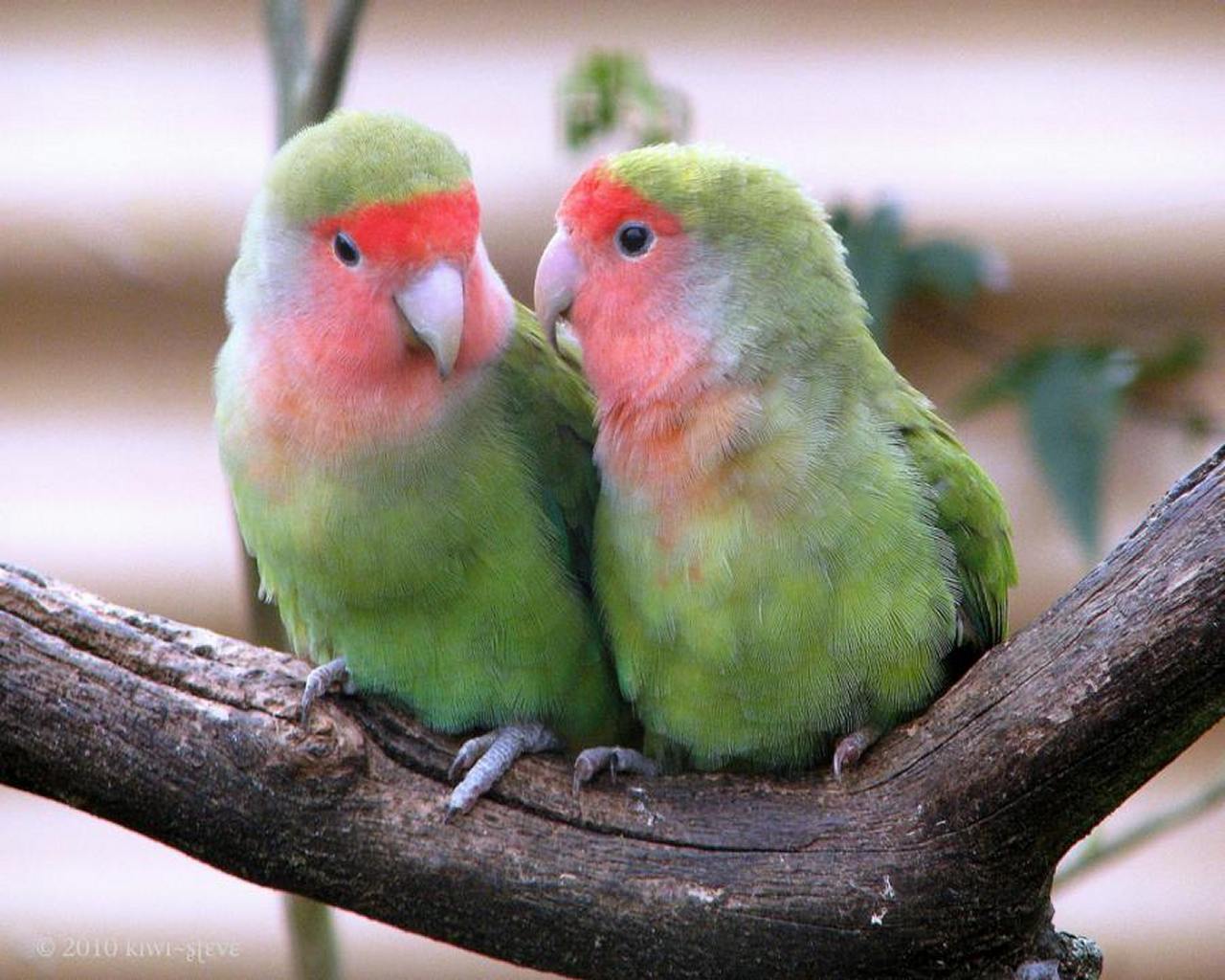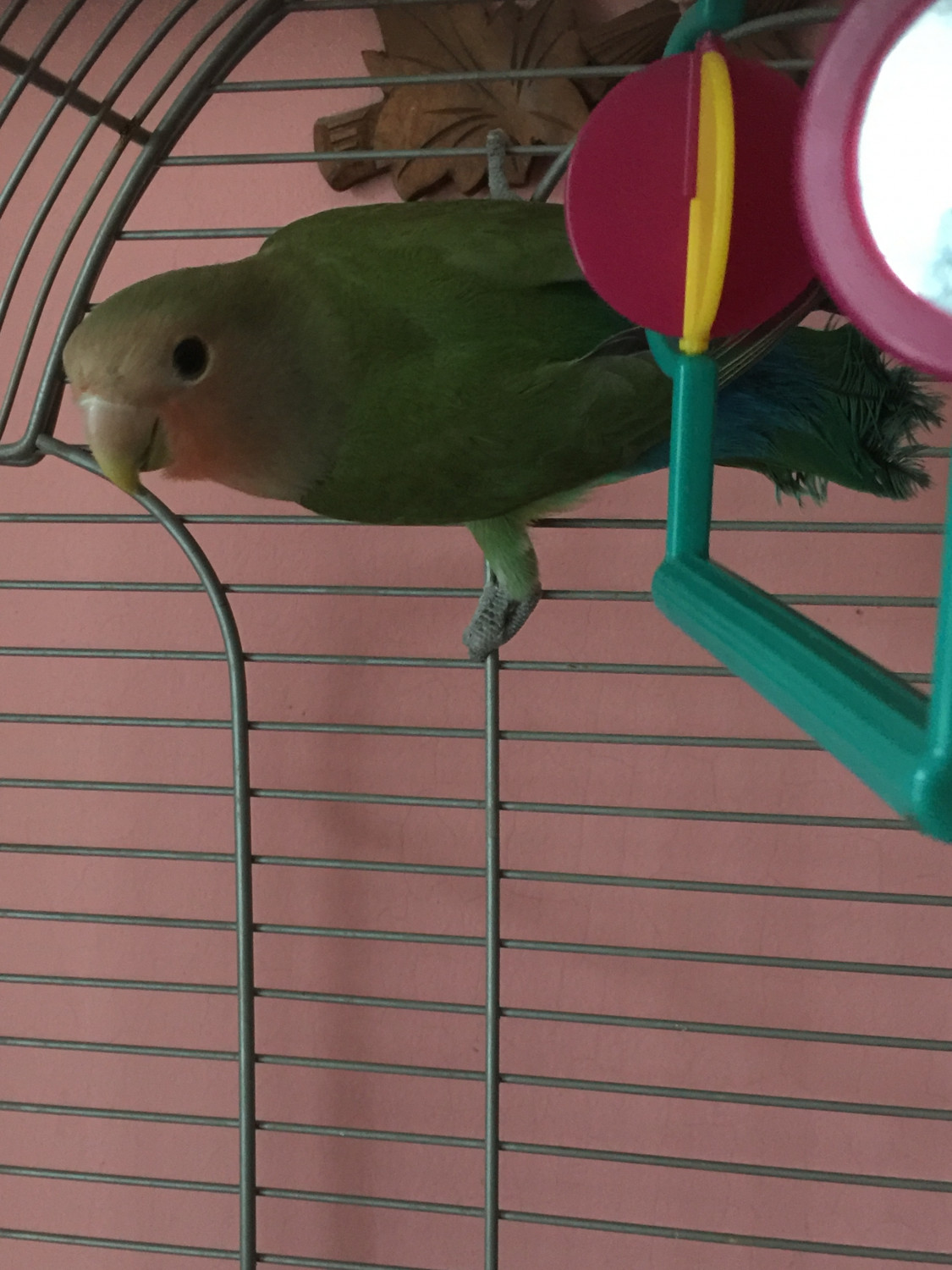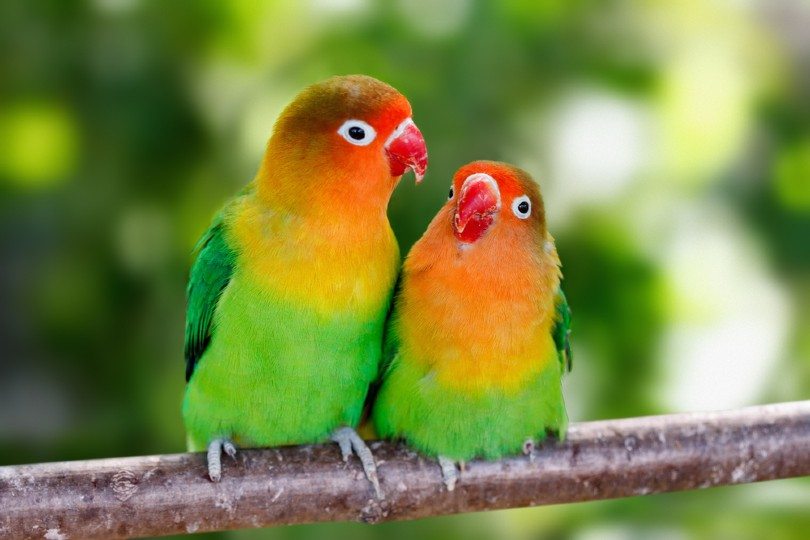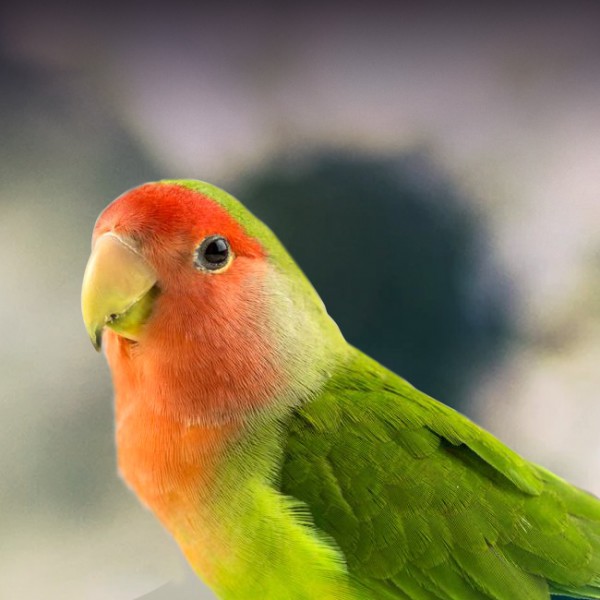Beautiful Work Info About How To Handle A Lovebird
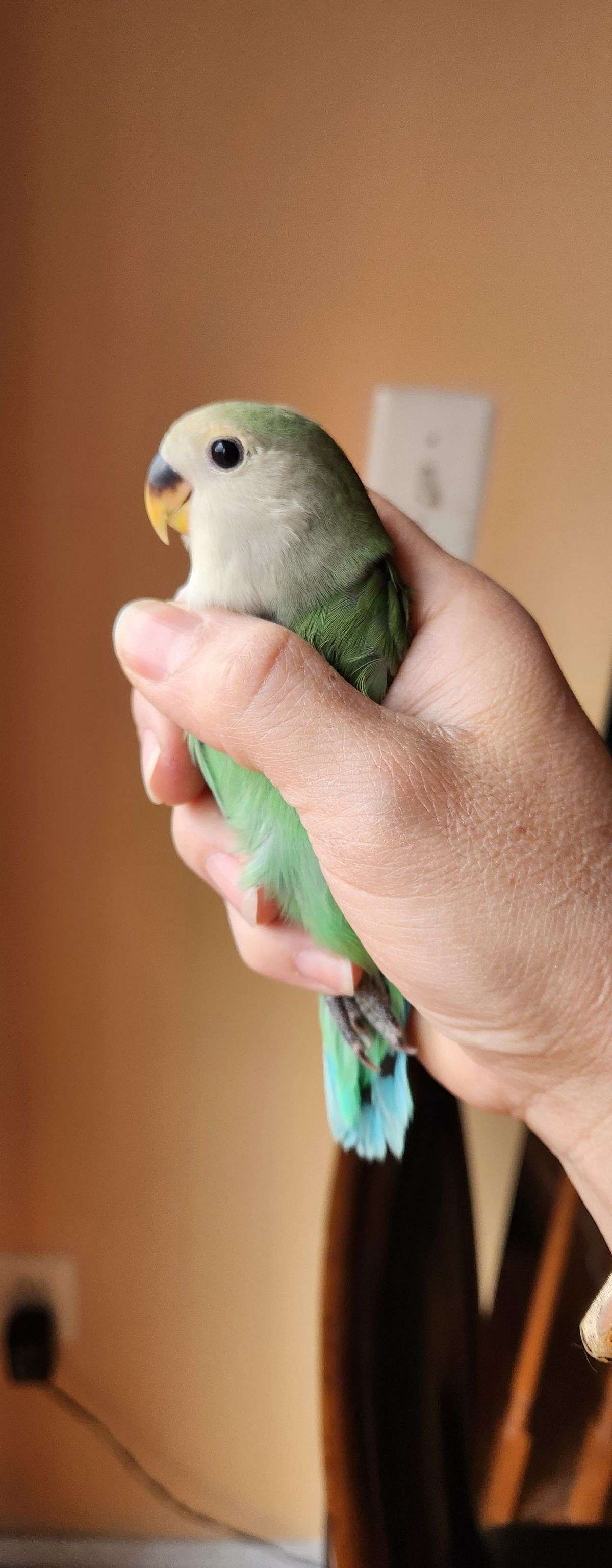
You will need to be there when they hatch, so it is essential that you notice the signs of impending hatching.
How to handle a lovebird. Keep it away from direct sunlight, but always make sure that the birds are. The 7 proven tips on how to bond with your lovebird 1. Discover the most helpful hints and strategies for teaching your lovebird, including fundamental training techniques, methods of bonding, and more.
You can keep a lovebird as a pet for a long time. So use a small lock or string. For this reason, many people take young lovebirds into their home in order to train them.
2 include plenty of toys, for enrichment. Prepare at least three perches of different widths. To train your lovebird to like you, it is important to establish a bond with the bird.
Building trust and cultivating a relationship with your lovebird will be good for their mental health and provide you with a unique friendship for years to come too. I use a paper clip (lol). How do you tame a lovebird?
Touch the lovebird slowly and. In this video we talk about lovebird diet, perches, toys, care requirements, cleaning routine, health, common illnesses, speech, intelligence, personality traits, reproduction, lifespan, and more. Wait for the eggs to hatch image credit:
If you use a bathing dish, you will see the birds perch on the edge and dip their heads and upper bodies in the water and beating their wings. This is especially true if your bird hasn’t been handled much or if it suffers from any unwanted lovebird behavior, like biting. If you want to develop a strong bond with your lovebird, then you have come to the right place.
Lovebirds try to remove the door of the cage. They are known for being very affectionate with their owners and can even learn tricks! Mumu is my baby lovebird.
Once you’ve built the lovebird’s trust, let it come out of its cage. To learn how to tame lovebirds it is important first to gain a lovebird’s trust, you do this by starting small. Is it hard to tame lovebirds?
What if your lovebird is scared of new foods? Have some of your birds favorite treats on hand too and make sure you reward them whenever they do something good. Luckily, there are a few proven ways to form a bond with your lovebird.
Lovebirds also have several skills owing to the versatility in their legs, which makes them able to manipulate objects. Include perches, toys, and swings to stimulate their physical and mental activity. Lovebirds are very smart and sensitive creatures, so if you’re nervous or stressed during handling, the bird will sense this and feel threatened.
